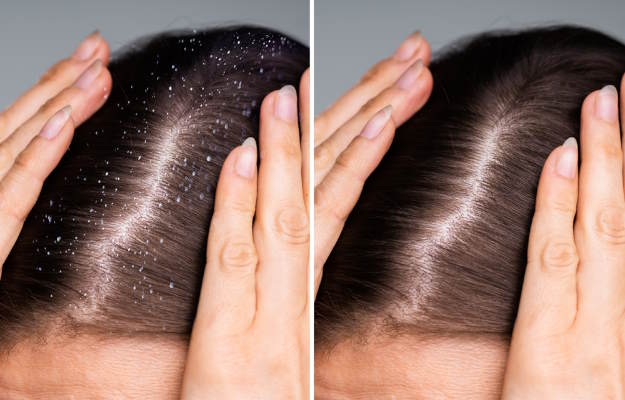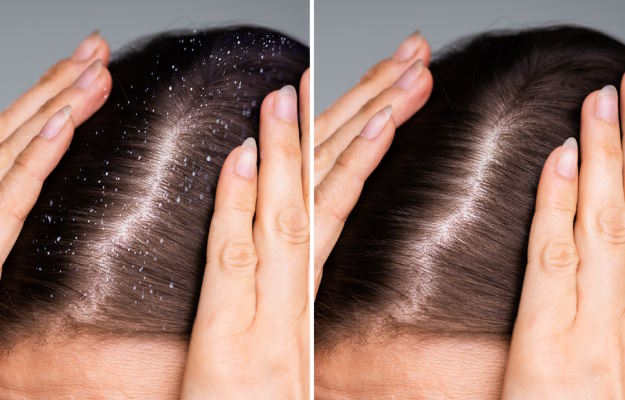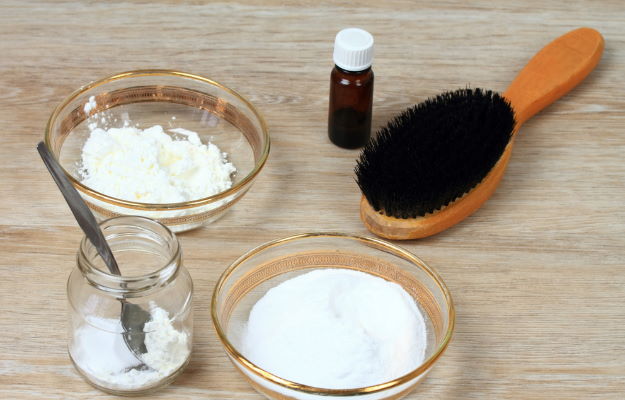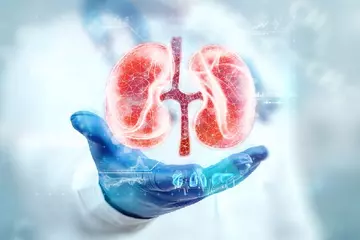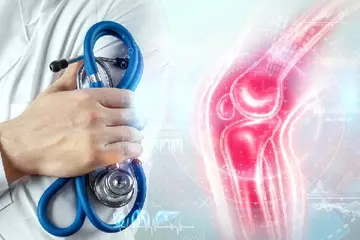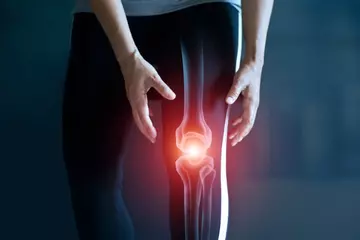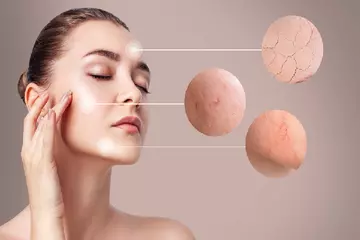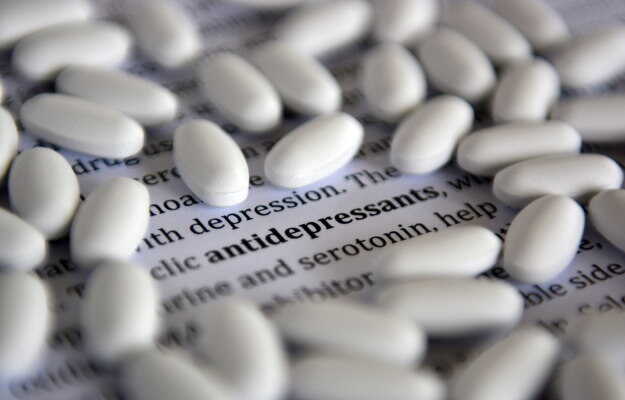Dandruff is a skin condition that causes development of white to grey dry skin flakes on the scalp. It is a common condition of the scalp that equally affects both men and women. It is an unpleasant condition that can affect the social life of individuals. The incidence of dandruff in men is more than that in women. Globally, about 50% of the population is estimated to have dandruff. The extrapolated prevalence in India was found to be 195,785,036.
If you have any problem related to hair, do not forget to use Ayurvedic Bhringraj Oil. Click to buy now.

 Doctors for Dandruff
Doctors for Dandruff  OTC Medicines for Dandruff
OTC Medicines for Dandruff
 Dandruff articles
Dandruff articles
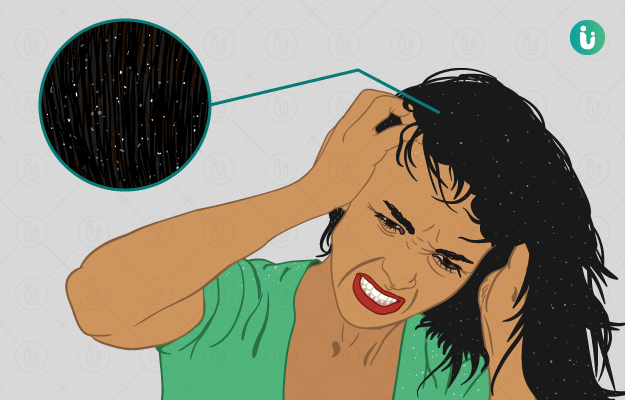
 Home Remedies for Dandruff
Home Remedies for Dandruff
 Homeopathic Treatment of Dandruff
Homeopathic Treatment of Dandruff














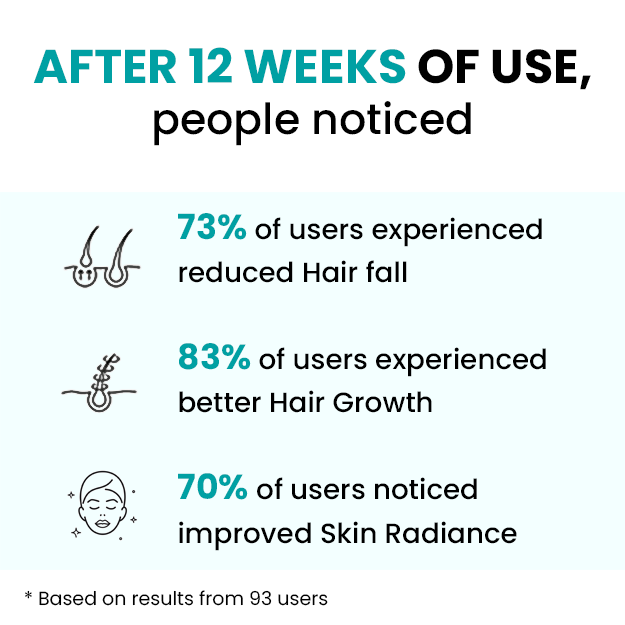
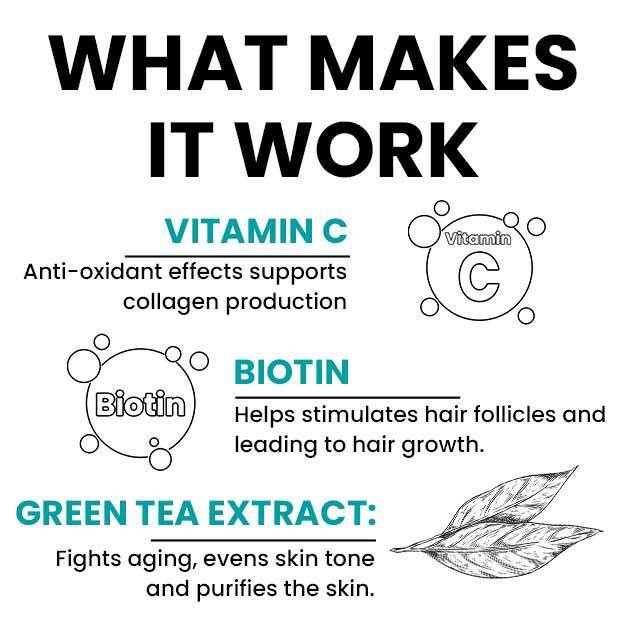
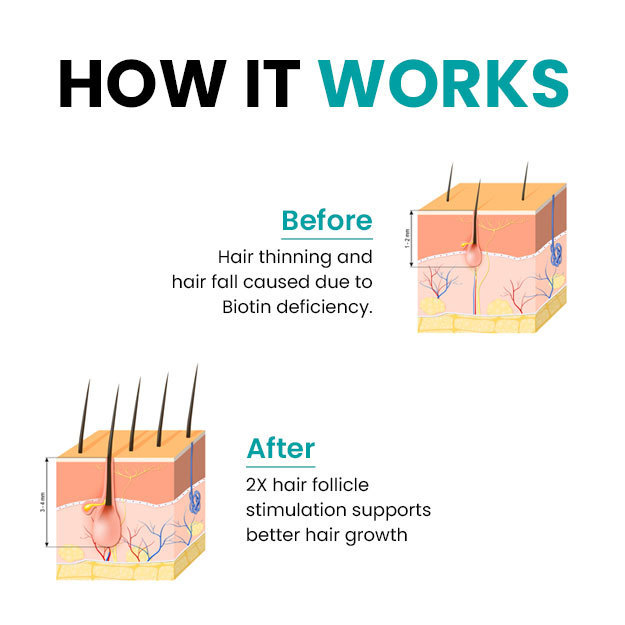


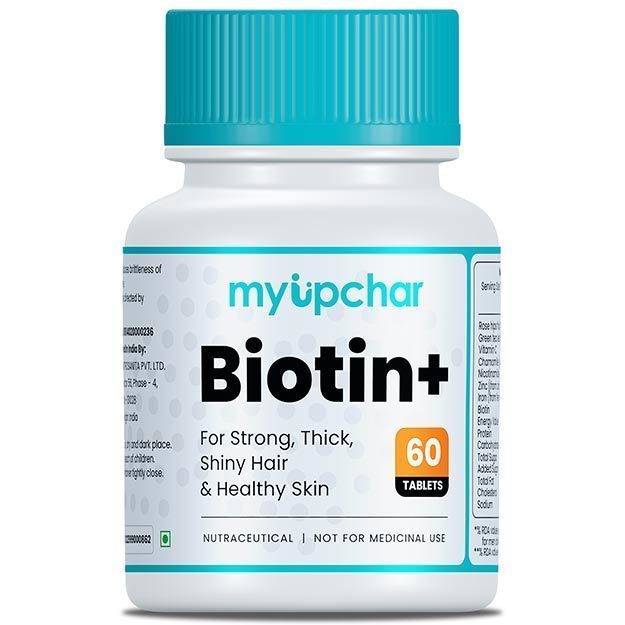
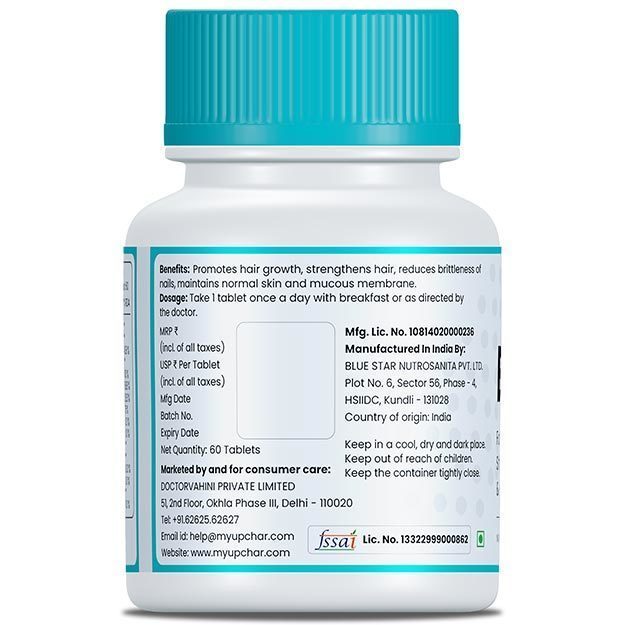
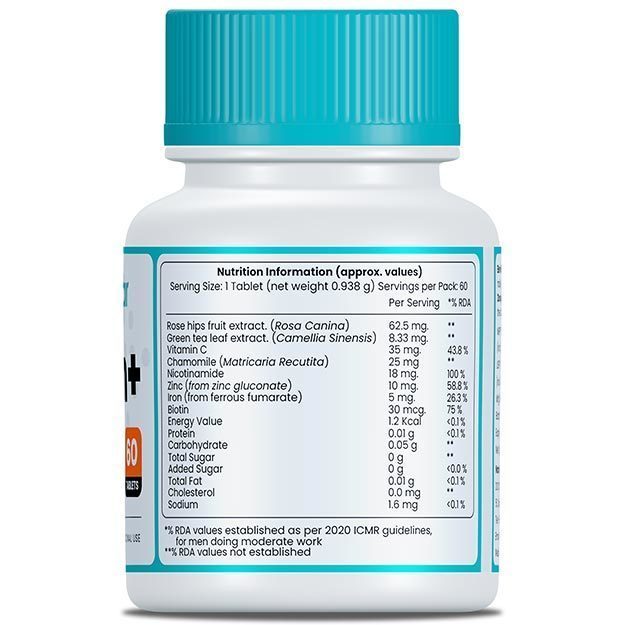


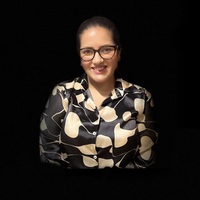




 Editorial Team
Editorial Team
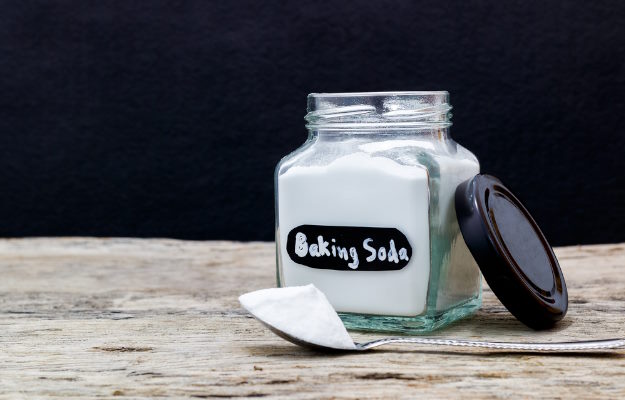
 Dr. Laxmidutta Shukla
Dr. Laxmidutta Shukla
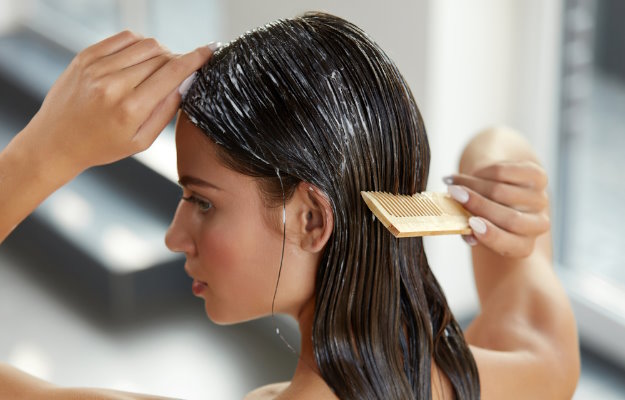
 Dr. Apratim Goel
Dr. Apratim Goel
